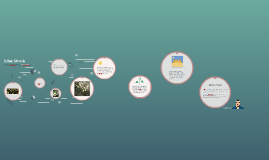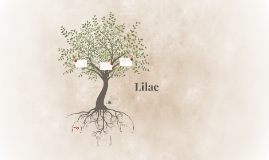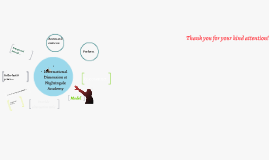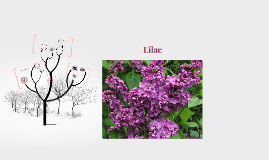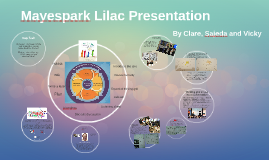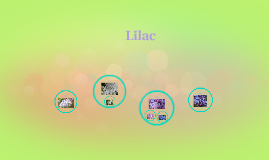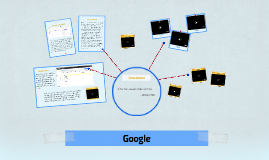Lilac Presentation
Transcript: Edit Socratic discussion Socratic Discussion Publish Expanded thinking grid - Confidence - Vocabulary used in the correct context - Deeper understanding of character's thoughts, feelings and motives. - They use inference skills within other subjects as well. - Changing formality in texts and speech. Formality All students take part, either as active participants or observers. Observers are given a key focus for their observation. Students learn the language of dialogue and discussion, e.g. I agree with your point of view however... I’ve looked at the evidence but draw a different conclusion from it. It provides an opportunity to use modal verbs in a real context It can be used across the curriculum. Share your mind maps with the year group. What do you notice about the children? What activities did you try? Which were the most effective? Why? Purpose: A writing activity in which pupils try to reconstruct the text in a way that captures the original register i.e. delivers the same tone and formality as the original. Process: A challenging academic text is read aloud twice to the pupils. On the first reading, they simply listen. During the second reading they are allowed to take notes. They then work collaboratively to recreate the text and, finally, they compare this with the original? Did they ‘capture’ the same tone/ level of formality? Were they able, perhaps, to improve on the original version?! We used the expanded thinking grid to lead into a conversation between 2 characters. Children used the ideas they gathered for each character to help them understand them in more detail prior to role play. Children then worked in mixed ability pairs to role play acting in role as a character each. Once we had finished work on the character studies in the books, I created a new character and wrote a letter as that character. I read this to the children once through while they listened. I then read this a second time and children took notes of any interesting words or phrases that they heard. Children then constructed their own letter as the new character using the pre-prepared letter as an example. Students actively reconstruct the meanings with their peers rather than just copying out the text. ESL children not only have the opportunity to contribute to the task but they also benefit from listening and talking with their peers. It helps students to remember the content and can be used at any stage of the cycle to consolidate knowledge. The Activity The layout of the classroom is crucial for the success of this approach and requires a central group for the discussion group with the remainder of the class, the observers, seated round the central group. Gap Task This activity is an example of talk as performance it is used to consolidate ideas before children are asked to write – Preparation for this activity is best done as a joint construction. Different tables within the classroom prepare either from a different perspective, on a different aspect of the topic, on related issues. One child from each group is selected and prepared to take their place in the Socratic circle. This activity cannot be carried out without preparation! Pollution refers to the release of contaminants into the environment. The most common types of pollution include air, water and soil pollution. There are various sources of pollution and they can be classified according to the four major areas of human activity: industry, energy, transportation and agriculture. With increased industrialisation has come increased pollution. While air, water and soil pollution may have decreased in industrialised countries due to tighter controls on emissions and the management of waste products, developing countries have experienced an increase in these kinds of pollution. These were used to allow children to: understand the characters in the story. infer what the characters were like using the pictures and text. justify their opinions using evidence from the story and the text. Stages Write a letter By Clare, Sajeda and Vicky Socratic discussion is based on the way Socrates led learning activities in ancient Greece. All of his students were expected to share their thoughts and opinions regarding the written and spoken word. Socrates did not take part in the discussion so that students would feel free to voice their own opinions. Thinking grid to lead into a conversation -Discussing formality -Created a register continuum - Looked at different text types - Looked at pupils work - Used it throughout the topic Plan Dictogloss Discuss formality Listening sheet Dictogloss Formality pollution agriculture industrialisation Impact Expanded Thinking Grid The Layout Outcomes Children were a lot more excited about the story and were eager to find out more. They understood the characters better and were able to use the ideas and vocabulary in their own stories. The children were able to justify their opinion using evidence from the text and pictures which improved the






